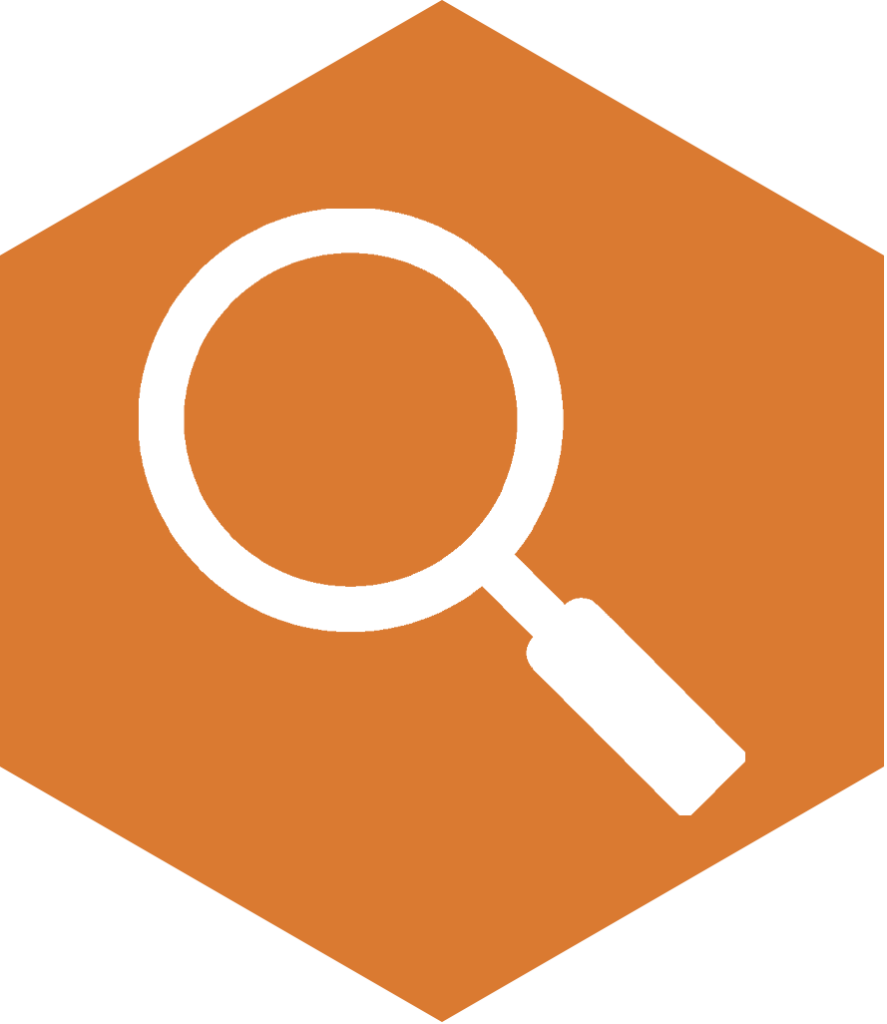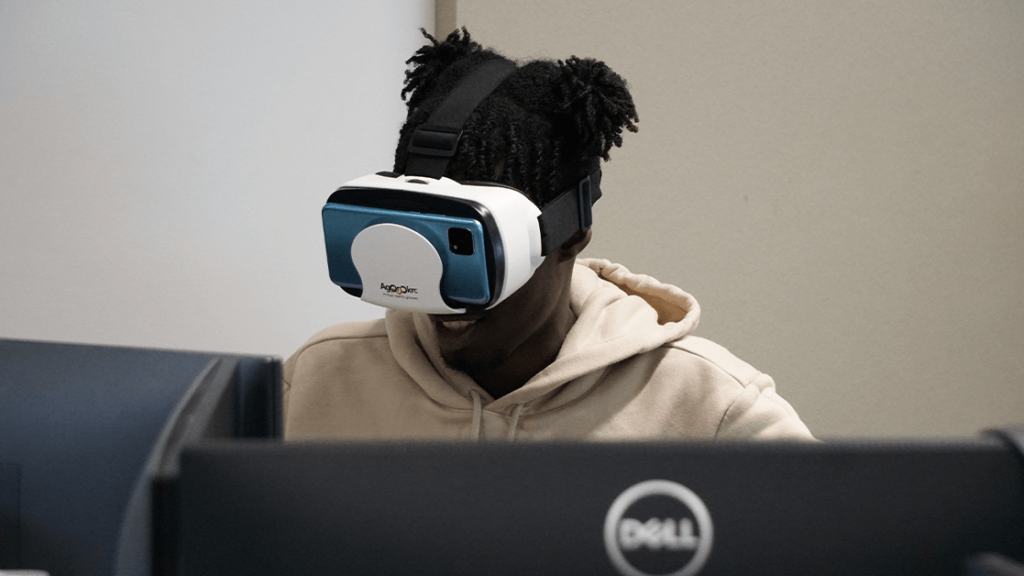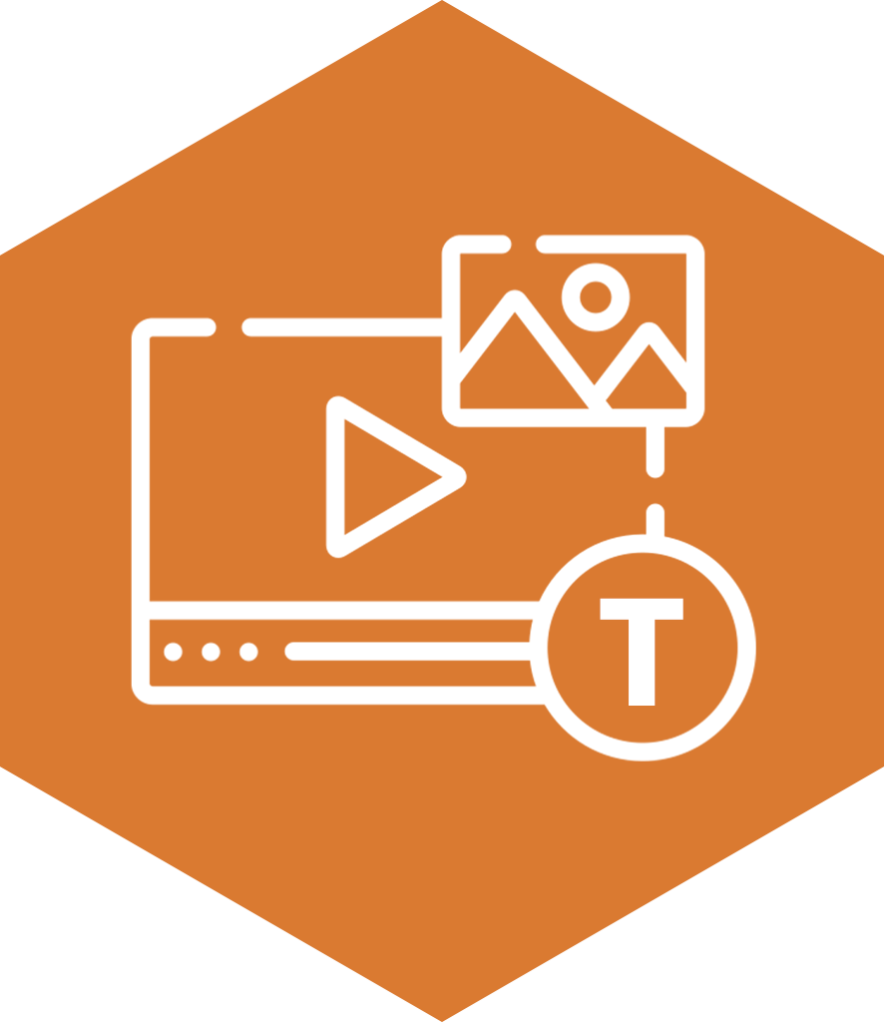On Friday 11 July, the HeX team will be joining Wadsworth Fields Careers Day to encourage pupils to play their part in shaping an equal online world.

Broadening perspectives on careers day
For the sixth consecutive year, HeX Productions will participate in an important event that aims to provide primary school pupils with an insight into the various careers they may wish to pursue in the future.
The day, based at Wadsworth Fields Primary & Nursery School, will have Year 6 pupils from feeder schools travelling from across the local area to learn more about different industries. This will provide students with a unique opportunity to ask questions and learn more about the diverse career paths available to them.
During these taster sessions, our team will provide an overview of the exciting world of web design and development, as well as the best route to acquire the necessary skills and qualifications to excel in this field.
The need for digital accessibility in varied job roles

Another aspect that our experts will be discussing with the students is the need for digital accessibility.
With 1-in-6 people, which equates to 26% of the world’s population, being born with some form of a disability, the web being built to be accessible is essential.
Digital accessibility doesn’t only have vast benefits for disabled people, who rely on assistive technology to access and interact with online platforms. When websites, apps, and documents are written, designed, and developed in an inclusive way, then they are more user-friendly and usable for everyone.
Often, when it comes to digital accessibility, people think that it is solely a web developer’s role. And, although developers do play an essential part in making this the case, it actually expands to many other job roles within organisations.
This can include careers such as:
- Graphic designers
- Communication and social media teams
- Marketers
- Administrators
- Educators
The list is endless; essentially, any job that involves elements of editing or creating digital content requires awareness of the need to embed accessibility into their work. Therefore, a good starting point is inspiring our future generation to put inclusion at the forefront, and events like careers days are the perfect time to do so.
How HeX will be giving eye-opening insights into accessible design and development
The HeX team will provide students with firsthand knowledge, guiding them through inclusive web design and showcasing the methods we use to build accessible websites.
Beyond this, even if students aren’t necessarily into coding, we’ll also be giving an exciting opportunity for everyone to gain a deeper understanding about how people with certain disabilities see and interact online. To achieve this, we will take our interactive empathy lab with us.

Watch our empathy lab experience in action:
This fun and engaging, hands-on session will be through the use of technology, such as with:
- Virtual reality headsets, which simulate different visual impairments.
- Noise-cancelling headphones, for them to gain an understanding of the need to embed items such as captions on videos.
- Wrist weights to replicate some mobility disabilities, and more!
These enlightening experiences will help students gain a real-life perspective on why they need to prioritise digital accessibility in their project work, while also helping to raise empathy among their peers. In turn, demonstrating how young people can contribute to building a more inclusive world for future generations.
How teachers can help to instil digital accessibility into lessons
If you’re an educator, when is there a better time for people to start developing good inclusive habits than when they are in school? Having these vital skills will empower students to change the world for the better and level the playing field, so everyone has equal access to digital information and services.
There are many ways teachers can bring these skills into their lessons, especially within IT, media, or graphic design subjects, such as learning the basics around:

- Heading levels in documents
- Adding alt text on imagery
- The use of inclusive colours
- What typography is best in design
- Media considerations
- Accessible coding
- Inclusive content
- Creating accessible PDFs
- Introduction to Web Content Accessibility Guidelines (WCAG)
Watch our latest webinar, which was part of our Education 4 All campaign, where Helen Wilson discusses her work for her PhD around teaching and raising awareness of accessibility within the curriculum:
